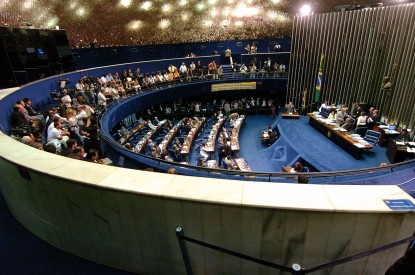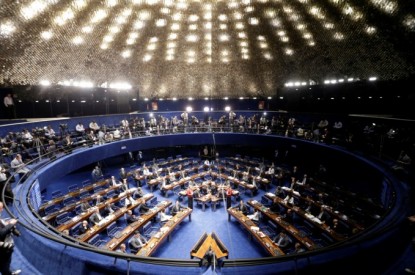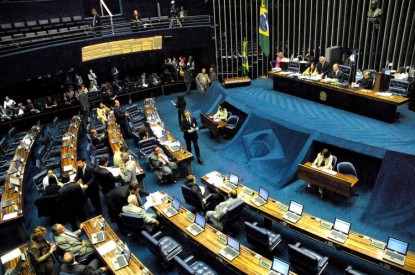Legislation
Brazil – Brazil’s new gaming law goes before Senate Committee
By Phil - 24 August 2016
Brazil’s new gaming act will be discussed once again in the Special Committee on National Development in the Senate this week after Senator Fernando Bezerra Coelho made a request that the law be returned to the committee for further discussion.
The Senator claimed that more time was needed after hearing from representatives from a number of government agencies who had made it clear that the bill needed changes before being enshrined into law. Bezerra had said that the project needed to be improved upon specifically in order to prevent money laundering.
The act had already been approved by the Senate Committee in December, but according to the Brazilian Senate’s official website the new version of the law as it will be presented to the committee proposes a number of significant changes to gaming legislation as it was first agreed upon by the Special Committee.
In the introduction to the new bill Bezerra, who now heads the new committee after its previous chairman Senator Maggi left to take over as the Ministry of Agriculture, admits that gambling may have a number of negative connotations for many Brazilians. However, he points out that in most countries legislation has evolved and a strong regulatory framework has been developed. Rather than banning gaming these countries have cracked down on illegal activities associated with gambling and as a result these countries have been able to benefit from the social and economic benefits of a well regulated industry.
The Senator also noted that the regulation of gambling can be a source of significant private investment, both for the construction of hotels and tourism infrastructure and that while preparing the bill he took into account current legislation currently in place in countries such as the United States, the UK, Australia and Spain.
According to the text of the new bill, gambling licences will only be issued by the Central government apart from the popular “Jogo do Bicho” or “Animal Game” which will be the responsibility of the states and the Federal District. There will be bidding processes for all casinos and licences will be valid for twenty years and may be renewed for an equal period. Casinos will also be required to be part of larger tourist complexes. The new bill rules that casinos will be explored, preferably, in the North, Northeast and Midwest regions, in order to promote economic development and reduce regional inequality.
In addition gambling establishments will be required to establish the identity of their customers and transactions exceeding R$2,000 must be made via bank transfer, by debit or credit card, or any other arrangement of payment authorised by the Central Bank so that they can be traced if necessary. The new version of the law also puts in place a number of penalties for non compliance including jail terms, and operators of those establishments found to be allowing entry to minors could face up to five years in prison.
The text also states that the funds raised by gambling will be allocated to social security (95 per cent), the National Penitentiary Fund (three per cent) and the Federal Police Department (two per cent) as opposed to 100 per cent which was originally earmarked for social security programs. The three casinos limit per state has also been excluded from the bill. Also removed from the text is the rule that bingos may only be permitted in municipalities with more than 150,000 inhabitants.




